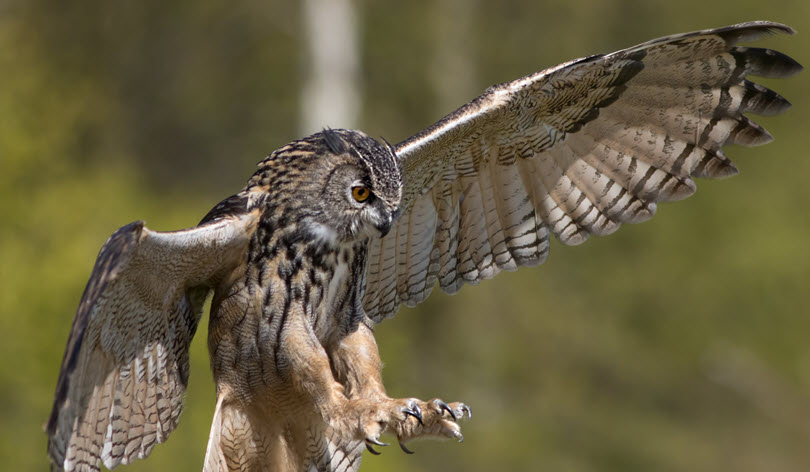Sounds have no meaning
There are no languages where sounds have consistent meanings from word to word. This generalization is what Charles Hockett (“The origin of speech”, Scientific American, 203: 88-96, 1960) called “duality of patterning”:
The meaningful elements in any language – “words” in everyday parlance, “morphemes” to the linguist – constitute an enormous stock. Yet they are represented by small arrangements of a relatively very small stock of distinguishable sounds which are in themselves wholly meaningless. This “duality of patterning” is illustrated by the English words “tack,”, “cat” and “act.” They are totally distinct as to meaning, and yet are composed of just three basic meaningless sounds in different permutations. Few animal communicative systems share this design-feature of language – none among the the other hominoids, and perhaps none at all.
If that’s the case, why do all words with ST in them have something to do with stopping (ex. stop, stay, still, stammer, stand, station, stifle, stunted, etc. etc. etc.) See the post “ST Means Stop” and prepare to be amazed.
If we think about Mr Hockett’s example, there are some connections that can be made if we look at those sounds, in particular the hard “c”. That connection as strange as it might initially seems: Birds. Think of bird sounds. Birds cackle, clack, cluck, coo, and crow. Birds caw and have claws. Claws are sharp like tacks and when a predator bird attacks, they act quickly. Cats are also animals that are known for attacking with their claws.
So do sounds have meaning? Absolutely! I’ll illustrate this idea in future posts.













